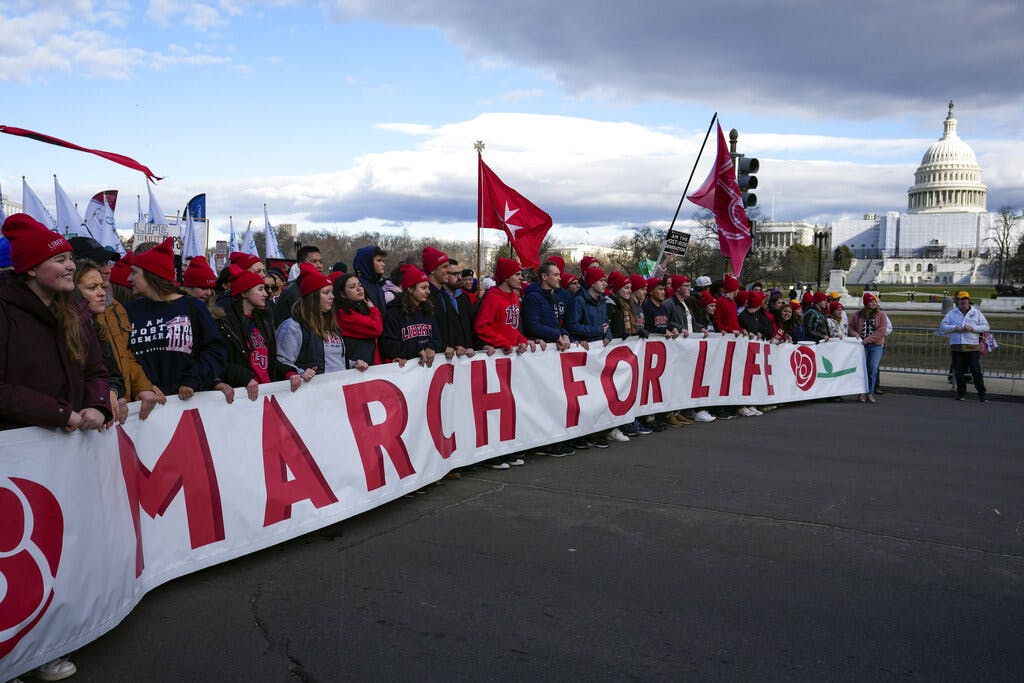
Santa Monica Establishes $3.5 Million Reparations Fund Despite ‘Dire’ Financial Outlook
By LUKE FUNK
|The future of abortion is being written at courthouses and ballot boxes across America.

Already have a subscription? Sign in to continue reading

By LUKE FUNK
|
By MATTHEW RICE
|
By DONALD KIRK
|$0.01/day for 60 days
Cancel anytime
By continuing you agree to our Privacy Policy and Terms of Service.